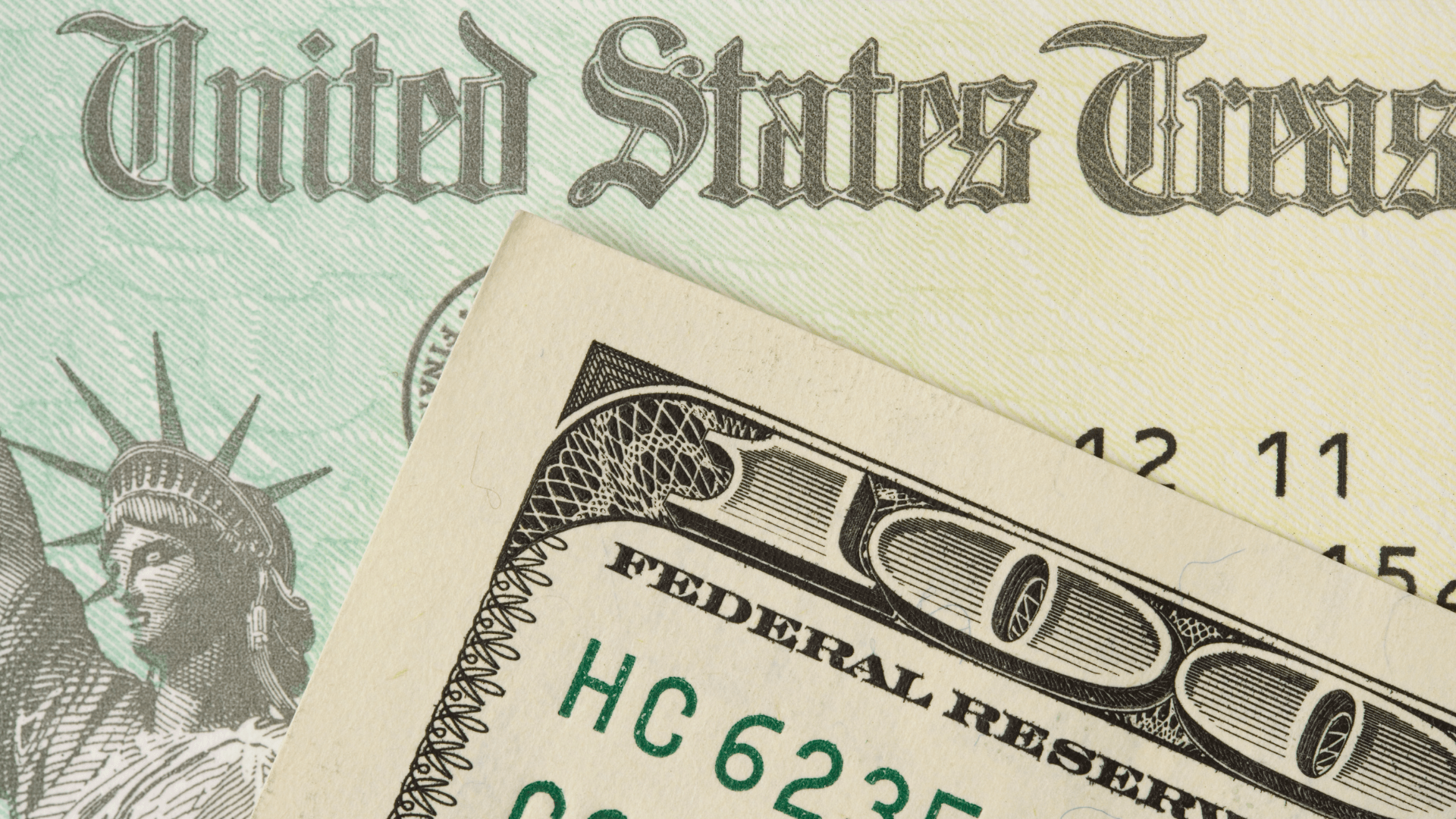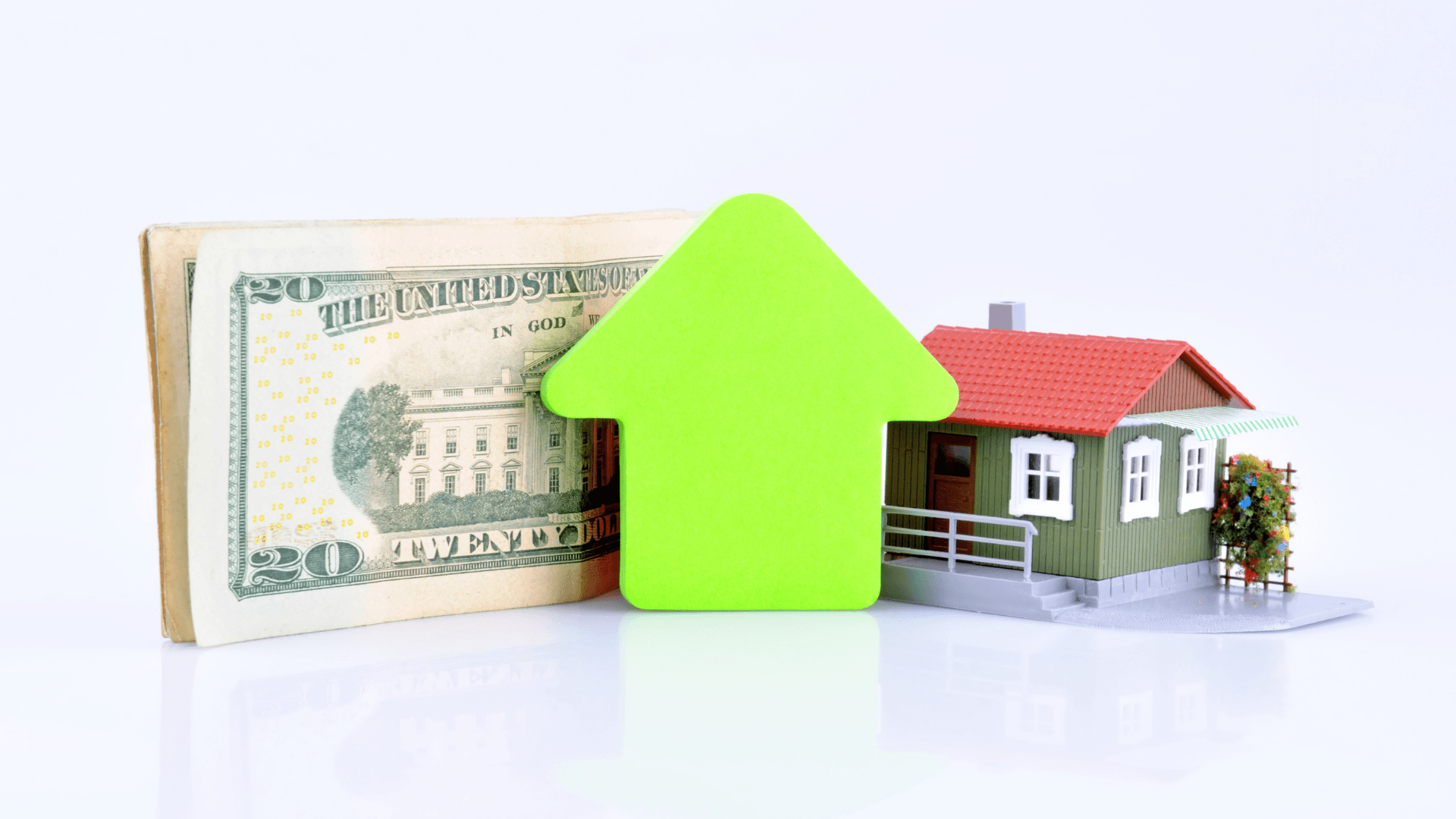1. Tax benefits.
The U.S. Tax Code lets you deduct the interest you pay on your mortgage, your property taxes, and some of the costs involved in buying a home. Talk to your tax advisor for more information.

1. Tax benefits.
The U.S. Tax Code lets you deduct the interest you pay on your mortgage, your property taxes, and some of the costs involved in buying a home. Talk to your tax advisor for more information.

2. Appreciation.
Historically, real estate has had a long-term, stable growth in value. In fact, median single-family existing-home sale prices have increased on average 5.2 percent each year from 1972 through 2014, according to the National Association of REALTORS®. The recent housing crisis has caused some to question the long-term value of real estate, but even in the most recent 10 years, which included quite a few very bad years for housing, values are still up 7.0 percent on a cumulative basis. In addition, the number of U.S. households is expected to rise 10 to15 percent over the next decade, creating continued high demand for housing.

3. Equity.
Money paid for rent is money that you’ll never see again, but mortgage payments let you build equity ownership interest in your home.

4. Savings.
Building equity in your home is a ready-made savings plan. And when you sell, you can generally take up to $250,000 ($500,000 for a married couple) as gain without owing any federal income tax.

5. Predictability.
Unlike rent, your fixed-rate mortgage payments don’t rise over the years so your housing costs may actually decline as you own the home longer. However, keep in mind that property taxes and insurance costs will likely increase.

6. Freedom.
The home is yours. You can decorate any way you want and choose the types of upgrades and new amenities that appeal to your lifestyle.

7. Stability.
Remaining in one neighborhood for several years allows you and your family time to build long-lasting relationships within the community. It also offers children the benefit of educational and social continuity.